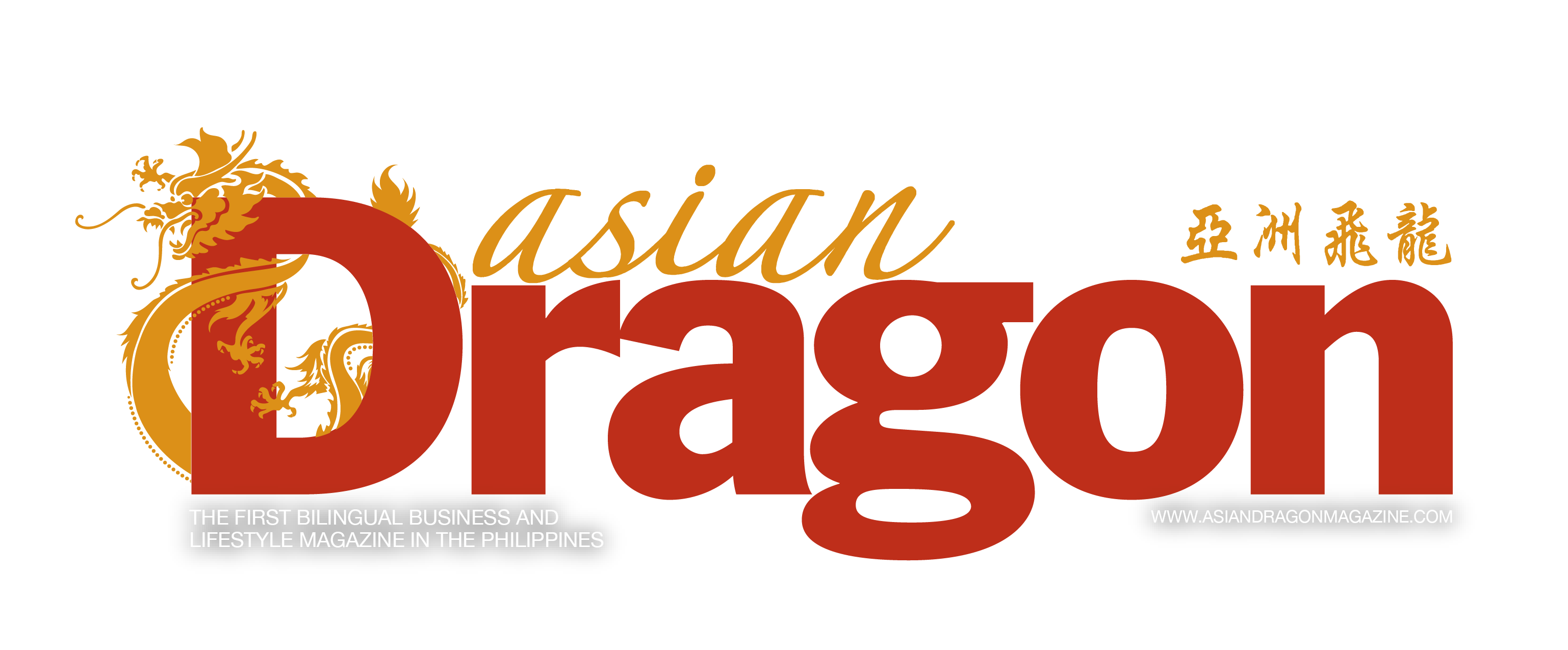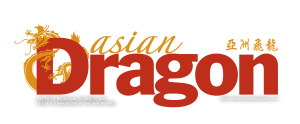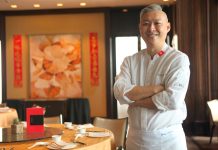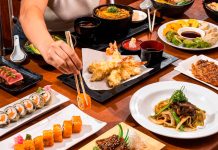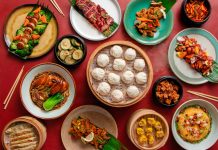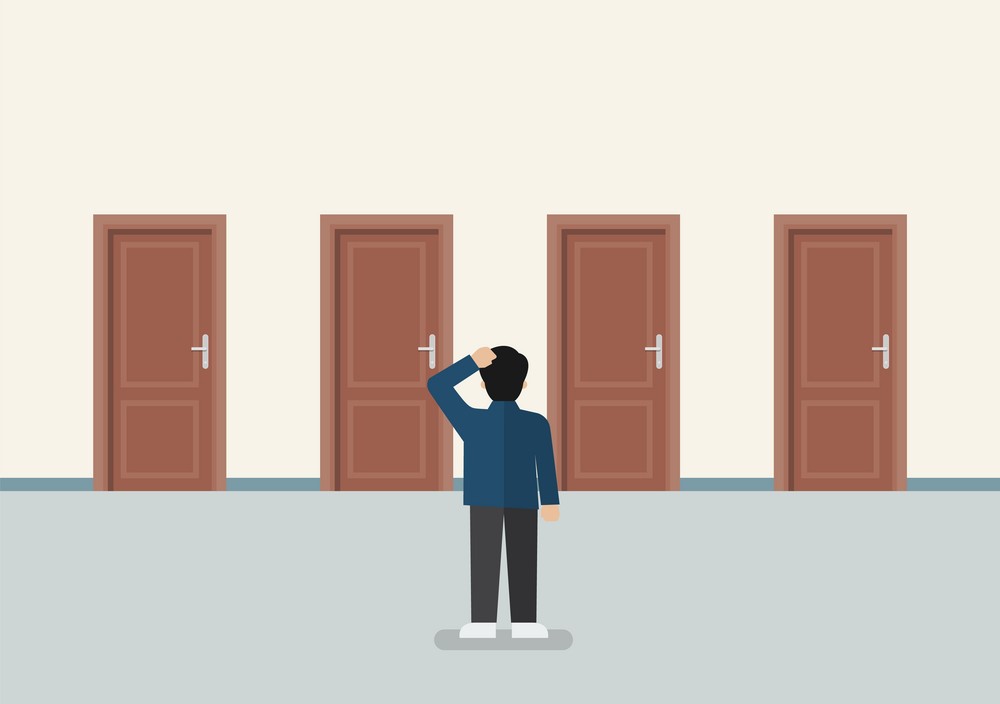
On a global, national, and individual scale, ethical issues are being debated on, and the winning ideologies play out with massive implications. While none of the solution strategies are simplistic, they often present as dualities. Isolation or solidarity? Self-preservation or heroics? Protect the vulnerable or benefit the majority?
These aren’t easy questions, and the thinkers of our age are consulting age-old philosophy for guidance. Machiavelli, with his “the end justifies the means” approach, espouses “a vigorous and judicious use of both virtue and vice” to address the circumstances. No matter the cost, no matter the risk, as long as the objective is achieved, it is considered the right action. Immanuel Kant championed a “categorical imperative”—unconditional rules based on what he considered the fundamental moral question: What if everyone did that? The righteousness of an action was judged by its universality. For instance, if you’re thinking of breaking quarantine to see your significant other just one time, you need to stop and think: What if everyone broke quarantine? The consequences of that universality will judge your behavior.
The above schools of thought can be used to justify the imposition of a strict lockdown, but there are others to consider. Plato’s ethics is virtue-based, with happiness and well-being or eudaimonia as the highest aim of moral conduct. Of course, this begs the question, whose well-being? Utilitarianism, introduced by John Stuart Mill, asserts that the course of action that will produce the greatest good for the greatest number is the ethical one. If so, then a lockdown that is saving a small portion of the population but shutting down businesses, putting thousands out of work, and pushing the world into deep recession may not be the right choice.
In the Philippines, deeply embedded values are shaping our current behavior. There’s the Golden Rule, etched into our psyche by our Roman Catholic upbringing. Malasakit is deep empathy that appeals to our compassionate nature. Utang ng loob is tricky; transactional relationships are easily abused in times of scarcity and uncertainty. Bayanihan calls for collaboration, recognizing that group effort is required to accomplish daunting tasks. Many from the Tsinoy community grew up with Confucian principles, which puts precedence on loyalty to the state and commitment to the common good. It is a similar sense of duty that drives our front-liners to put their lives at risks in service of the many.
It’s a tall order to write up a code of ethics for our time, but that’s what each one of us is already doing. Pause and think: In these days of lockdown and quarantine, what kind of person have you become? Are you choosing isolation or community? Are you acting out of self-preservation or the common good? The throngs who stormed groceries to panic-buy were practicing Plato’s ethics of eudaimonia. The self-organized groups who distributed survival packs and protective equipment were exercising malasakit and bayanihan. Global leaders chose among Machiavellian, utilitarian, and Kantian approaches to curb the crisis, with varying results. History and conscience may judge our actions during this unprecedented moment, but there will never be a clear-cut verdict. Everyone acts out of their own beliefs and values, and no one can fault them for that.
In an article in the Financial Times, author and historian Yuval Noah Harari reminds us, “When choosing between alternatives, we should ask ourselves not only how to overcome the immediate threat, but also what kind of world we will inhabit once the storm passes.” We are at a hugely important crossroads, one where individual choices add up to a zeitgeist, and national policies shape international relations. We need to choose carefully, not just for today, but for our future.
Despite our dire circumstances, there is certainly room for hope. In this rare moment in history, we have a unique opportunity to rewrite not just our code of ethics, but our ways of being. We can almost think of it as a “great reset.” A revisiting of priorities and a tweaking of moral conduct are in order. Perhaps we will find that “there are more things to admire in men than to despise,” as Albert Camus wrote in The Plague, a 1947 novel that reads eerily similar to our current plot.
One of Camus’ protagonists, a doctor by the name of Rieux, offers some parting food for thought: “There’s no question of heroism in all this. It’s a matter of common decency.… The only means of fighting a plague is common decency.”
